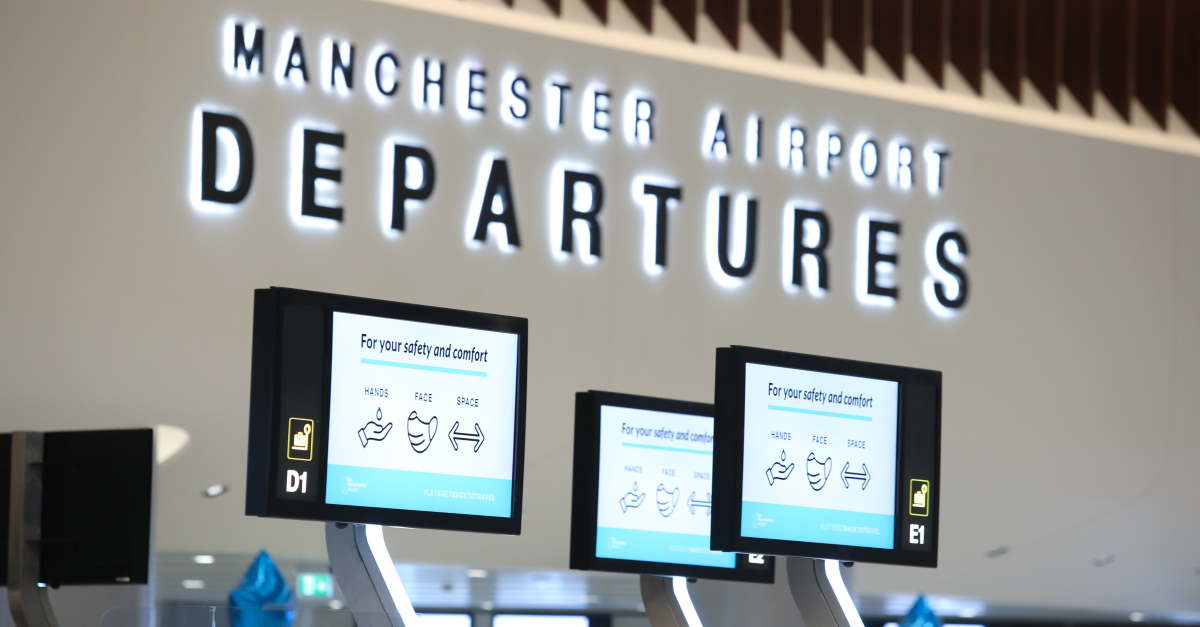Iata chief hails return of air traffic but hits out at governments
Walsh blames ‘policy flipflops’ and lack of support for disruption

Iata director general Willie Walsh hit out at governments for creating “so much uncertainty” and doing “little to ensure a smooth ramp up” of flying as he reported the recovery in air travel accelerated in May.
Global air traffic increased to almost 69% of pre-crisis levels in the month, but Walsh warned it would “take time” to deal with the bottlenecks in aviation caused by the global workforce shortage.
Airline association Iata reported international traffic reached 64% of 2019 levels in May, with domestic traffic just below 77% of May 2019’s level.
However, there was a sharp contraction in China’s domestic market with traffic down 73% year on year due to renewed Covid-19 restrictions.
Walsh noted: “Many major international route areas – including within Europe and the Middle East-North America – are already exceeding pre-Covid-19 levels.
“Completely removing all Covid-19 restrictions is the way forward, with Australia being the latest to do so.”
He said: “The major exception to this rebound is China, which saw a dramatic fall in domestic travel. Its continuing zero-Covid policy is out of step with the rest of the world.”
Iata reported the impact of the war in Ukraine remained limited in Europe to areas directly affected.
Traffic in Europe remained almost 20% down on 2019 in May, with international traffic at 79% of the pre-pandemic level.
North American traffic reached almost 90% of the 2019 level in the month, with international traffic at 79% but US domestic traffic at 95% of its pre-Covid level.
Middle East traffic was also back to almost 90% of the May 2019 figure, and Latin American traffic to 84%.
However, traffic in Asia-Pacific remained 62.5% down and in Africa 29% down.
Walsh argued: “As we accelerate towards the peak summer season in the Northern Hemisphere, strains in the system are appearing in some European and North American hubs.
“Nobody wants to see passengers suffering from delays or cancellations.”
He insisted: “Passengers can be confident that solutions are being urgently implemented. Airlines, airports and governments are working together.
“However, standing up the workforce needed to meet growing demand will take time and require patience where bottlenecks are most severe.”
Walsh argued: “In the longer term, governments must improve their understanding of how aviation operates and work more closely with airports and airlines.”
He accused governments of “having created so much uncertainty with knee-jerk Covid-19 policy flipflops” and said: “Their actions did little to enable a smooth ramping-up of activity.
“It is unacceptable that the industry is now facing a potential punitive regulatory deluge.”

 Konoly
Konoly 
































